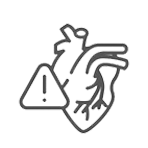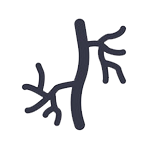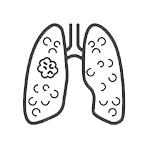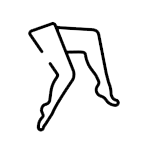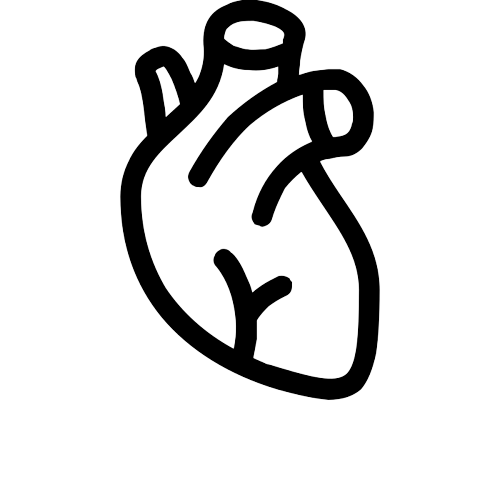Atrial fibrillation
Atrial fibrillation is a common form of arrhythmia in which the upper chambers of the heart, or atrium, beat out of sync with the ventricles, or lower heart chambers.
Q & A
What is atrial fibrillation?
Atrial fibrillation is a common form of arrhythmia in which the upper chambers of the heart, or atrium, beat out of sync with the ventricles, or lower heart chambers. This condition upsets the normal rhythm between the upper and lower chambers. The ventricles may beat fast and without a regular rhythm.
What are the symptoms?
Atrial fibrillation often results in an increased heart rate and some may feel symptoms but others don’t notice any symptoms. There are a few different symptoms, such as feeling dizzy, tired, shortness of breath, fluttering of heart, racing, or pounding painful feeling in the chest.
Atrial fibrillation is often not fatal, but it can be dangerous because if the heartbeat is not strong and steady, blood can pool in the upper atria. And pooled blood is prong to form clots which can travel to brain, block, flow and cause stroke. Atrial fibrillation can also lead to heart failure over time. If you have experienced an occasional episode, you may not require medical treatment; however, repeated episodes and persistent atrial fibrillation require examination and treatment.
What is a fluttering heart?
Heart palpitations, often known as flutter, are a symptom that may be caused by atrial fibrillation or another arrhythmia. Caffeine and other stimulants, as well as certain drugs, stress, anxiety, and panic attacks, can also trigger palpitations. They might feel as though your heart is beating too quickly, skipping beats, or pounding.
Although heart palpitations are not a significant illness in and of itself, they might suggest an underlying arrhythmia if the symptoms are felt regularly.
Why does atrial fibrillation occur?
Atrial fibrillation is caused by strain or damages to the heart from underlying health issues such as high blood pressure, abnormal heart valves, coronary artery disease, heart failure, lung disease, overactive thyroid function or heart surgery.
How is atrial fibrillation treated?
Treatment is aim to help you feel better and avoid future problems such as stroke and heart failure. The treatment is based on your particular medical history and symptoms. Different types of treatment include:
- Slow your heart rate. Slowing your heart rate with medication is the goal. Still, your heart rate may be erratic. However, these medications prevent the heart from pounding too quickly or at a dangerously fast rate. This help symptom relief.
- Control your heart rhythm. Various therapies may be utilized to attempt to terminate atrial fibrillation and prevent its recurrence. These therapies include medication, electrical cardioversion to return the heart’s rhythm to normal, catheter ablation, and cardiac surgery. Catheter ablation is done with a thin tube called catheter that destroys tiny areas in the heart that cause atrial fibrillation. This can relieve symptoms and improve quality of life.
- Prevent stroke. Together with a doctor, you can decide on how to lower your risk and make a decision on taking a blood-thinning medication called anticoagulant.





